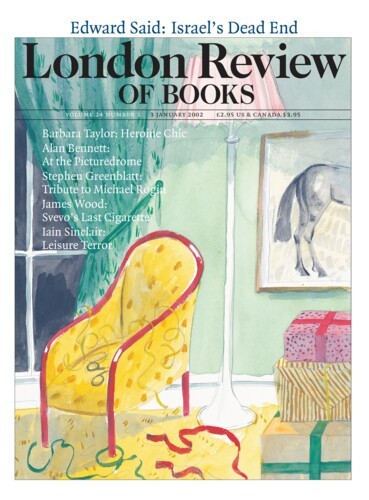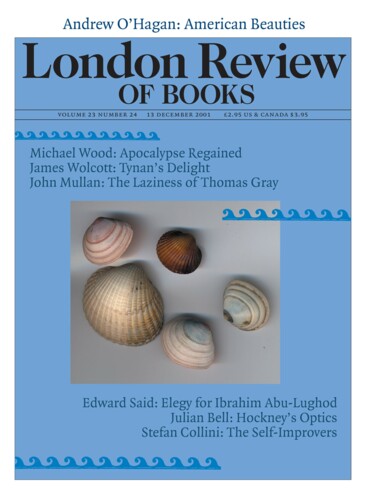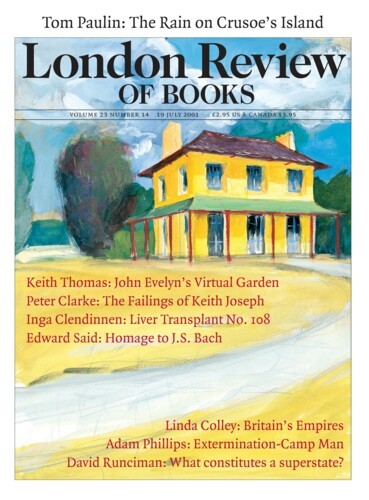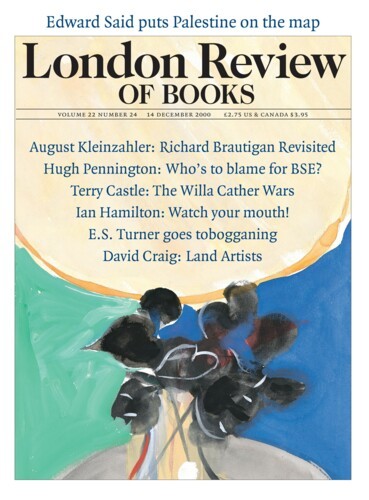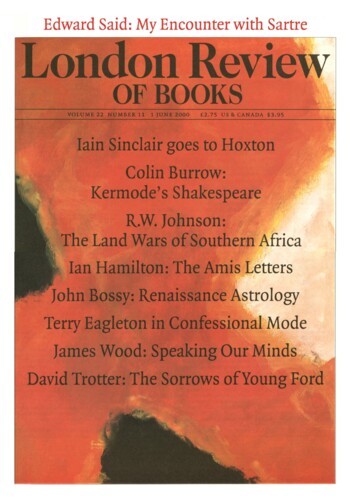Once the most celebrated intellectual, Jean-Paul Sartre had, until quite recently, almost faded from view. He was already being attacked for his ‘blindness’ about the Soviet gulags shortly after his death in 1980, and even his humanist Existentialism was ridiculed for its optimism, voluntarism and sheer energetic reach. Sartre’s whole career was offensive both to the so-called Nouveaux Philosophes, whose mediocre attainments had only a fervid anti-Communism to attract any attention, and to the post-structuralists and Post-Modernists who, with few exceptions, had lapsed into a sullen technological narcissism deeply at odds with Sartre’s populism and his heroic public politics. The immense sprawl of Sartre’s work as novelist, essayist, playwright, biographer, philosopher, political intellectual, engaged activist, seemed to repel more people than it attracted. From being the most quoted of the French maîtres penseurs, he became, in the space of about twenty years, the least read and the least analysed. His courageous positions on Algeria and Vietnam were forgotten. So were his work on behalf of the oppressed, his gutsy appearance as a Maoist radical during the 1968 student demonstrations in Paris, as well as his extraordinary range and literary distinction (for which he both won, and rejected, the Nobel Prize for Literature). He had become a maligned excelebrity, except in the Anglo-American world, where he had never been taken seriously as a philosopher and was always read somewhat condescendingly as a quaint occasional novelist and memoirist, insufficiently anti-Communist, not quite as chic and compelling as (the far less talented) Camus.‘
‘You are invited by Les Temps modernes to attend a seminar on peace in the Middle East in Paris on 13 and 14 March this year. Please respond. Simone de Beauvoir and Jean Paul Sartre.’ At first I thought the cable was a joke of some sort. It might just as well have been an invitation from Cosima and Richard Wagner to come to Bayreuth, or from T.S. Eliot and Virginia Woolf to spend an afternoon at the offices of the Dial.
